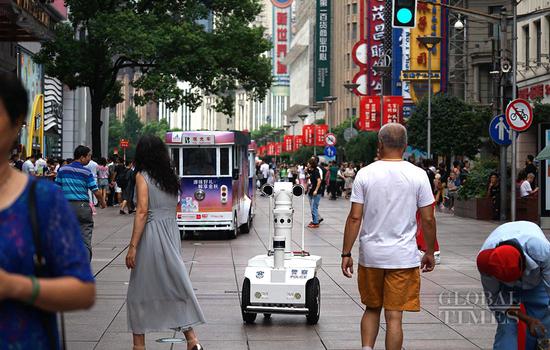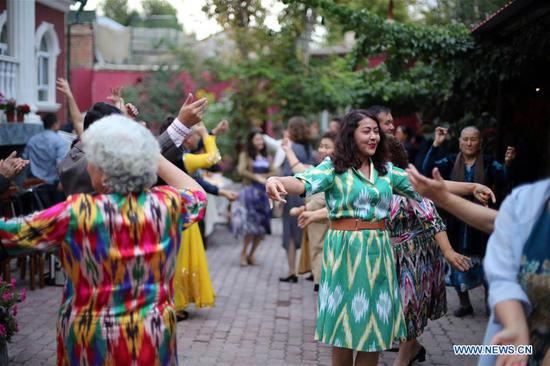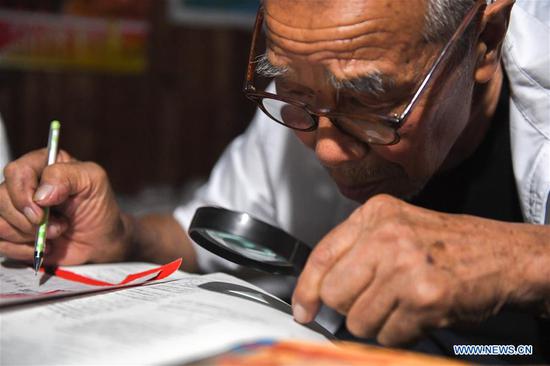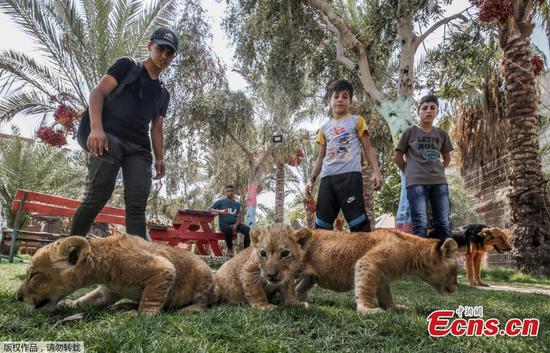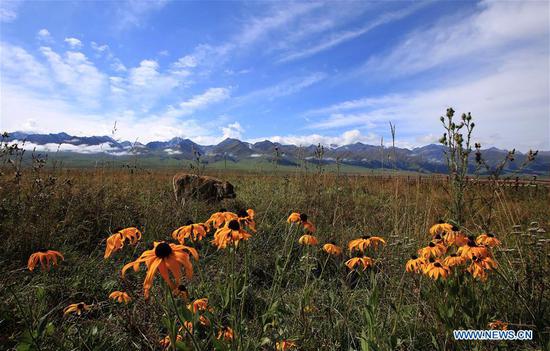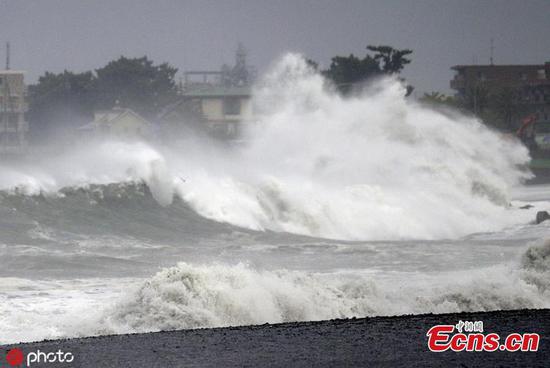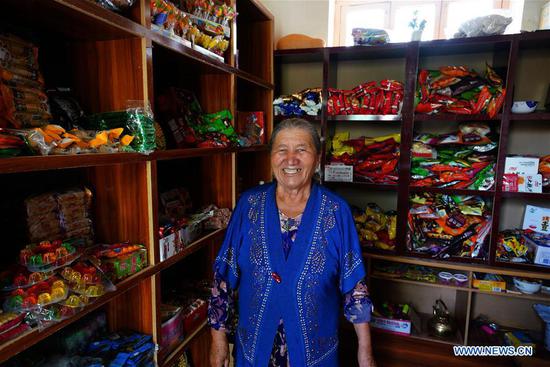The United Nations High Commissioner for Human Rights, Michelle Bachelet, on Monday warned about the potential "catastrophic" impact of climate change on the world's people.
She said that the United Nations must not only deal with traditional human rights issues, but also an array of new ones such as climate change, and its impact on the rights of every single human being.
"Climate change is a reality that now affects every region of the world," said Bachelet at the opening ceremony of the 42nd meeting of the UN Human Rights Council here.
"The human implications of currently projected levels of global heating are catastrophic. Storms are rising, and tides could submerge entire island nations and coastal cities."
She said fires rage through forests, and the ice is melting.
"We are burning up our future - literally," said the UN rights chief.
The climate emergency is already driving a sharp increase in global hunger, which, according to the Food and Agricultural Organization (FAO) has increased this year for the first time in a decade.
The World Health Organization (WHO) expects climate change to cause approximately 250,000 additional deaths a year between 2030 and 2050, from malnutrition, malaria, diarrhea, and heat stress alone.
She said that in many nations, chaotic weather patterns and other manifestations of our environmental emergency are already reversing significant development gains.
They are exacerbating conflict, displacement and social tension; hampering economic growth, and shaping increasingly harsh inequalities.
"The world has never seen a threat to human rights of this scope. This is not a situation where any country, any institution, any policymaker can stand on the sidelines," said Bachelet.
The economies of all nations, along with the institutional, political, social, and cultural fabric of every State, and the rights of all their peoples, and future generations, will be impacted.
There is still time to act, she said while warning that the window of opportunity for action may be closing.
"We live in an era of tremendous innovation," she said, adding that there could be more thoughtful approaches to the use of natural and renewable resources.
Policies which protect and empower marginalized communities, including various social protection initiatives; and better strategies by businesses across their supply chains, could be good for the environment and promote greater human dignity and rights, said the rights chief.
















